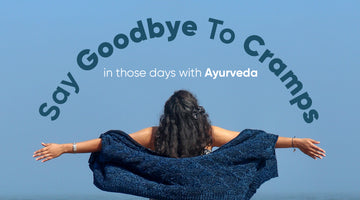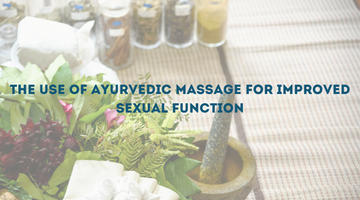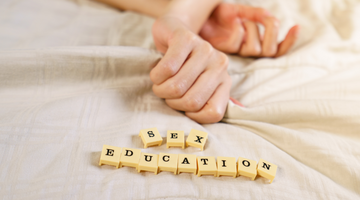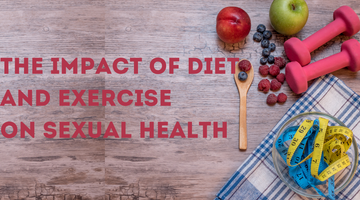
Menstruating women face widespread discrimination in India, where periods have long been considered impure and taboo. They are frequently barred from social and religious gatherings, denied entry into temples and shrines, and even barred from kitchens. Menstruation is still considered dirty or unholy even today.
If God is against this fluid, then he should be against all body fluids. Shouldn't priests & scholars occasionally get burnt to a crisp by divine cosmic forces while performing Yagnas and sweating copiously in front of the holy fire?
India is home to 100 million+ adolescent girls. A girl menstruates five days per month, and the cycle continues until she reaches menopause at the age of 40-45. Periods are natural and healthy, but many girls in rural and urban India struggle to cope with this monthly occurrence.
The figures are drastic and saddening:
88 % of menstruating girls and women use unsafe materials.
66 % of girls are unaware of menstruation before their first period.
70 % of mothers believe periods are dirty.
66 % of menstruating girls and women manage periods without toilets.
To begin, it is critical to understand that a woman's menstrual cycle is not the same as her period. Menstruation is the actual time when a woman bleeds, but her menstrual cycle is the entire time from one period to the next. Although it is commonly assumed that a woman's menstrual cycle lasts 28 days, this is only an average. Some women's cycles are much longer than others, ranging from 29 to 35 days. Traveling, sudden weight change, emotions, and medication can all influence when a woman's period occurs. Every period is unique to the individual, just like every Woman!!
Muscle cramps are referred to as "Mamsa Gata Vata" in traditional Ayurvedic scriptures. This term translates to an aggravated "Vata Dosha," or bodily energy associated with movement, in the "Mamsa," or muscles. The treatment strategies outlined for the same are thus aimed at reducing the severity of leg pain and restoring Vata's balance in the system. Ayurveda has a cure for everything, including painful menstrual cramps.
Here are a few of the effective Ayurvedic remedies, with which you can say goodbye to period pain:
ALVA
Alva's Ashokarishta promotes uterine function, reduces contractions, and strengthens the uterus. It has anti-spasmodic and analgesic properties. It aids in the relief of menstrual symptoms.
MANJISTHA
Manjistha aids in the treatment of prostaglandin production, which causes blood clotting around the uterus, effectively reducing both pain and cramping. Its anti-inflammatory properties will make you feel at ease.
ASHOKA
Ashoka is an Ayurvedic herb that promotes female reproductive health by regulating the menstrual cycle. It also promotes fertility by balancing hormonal levels.
SHATAVARI
Shatavari can help to regulate the menstrual cycle and relieve the symptoms of premenstrual syndrome (PMS) and menstrual cramps. It is also useful in cases of unusual or prolonged bleeding. Shatavari has been shown to increase female fertility and stimulate ovulation.
APARAJITA
Aparajita is an amazing herb that has been used for the treatment of irregular menstruation for women and problems of vaginal discharge(white menstruation).
Ayurveda, a time-tested Indian medical practice, recommends some highly effective natural therapies and herbal formulations. AADAR one of the most trusted brands brings its magical formulations with Good Period brings you a blend of all this and many such magical Ayurvedic herbs to support smooth muscle function and healthy blood flow in those days. This is a completely natural supplement that helps to relieve menstrual discomforts such as cramps, mood swings, irregularity, and digestion.
You can even consult our Health Experts who can help you with proper medications for the same.
We hide our sanitary napkins, are embarrassed when one falls out of our purse by accident, and skirt around the issue instead of being proud of our miraculous bodies that continue to produce our eggs wishfully month after month for decades.
Remember menstruating does not cause temples to collapse, or food to rot, nor is it contagious. Menstruation is, at best, slightly uncomfortable, sometimes painful, and one of the most natural functions of the human body. We can't take this physical pain of women but definitely can take the mental and emotional pain they face in society during their periods.




